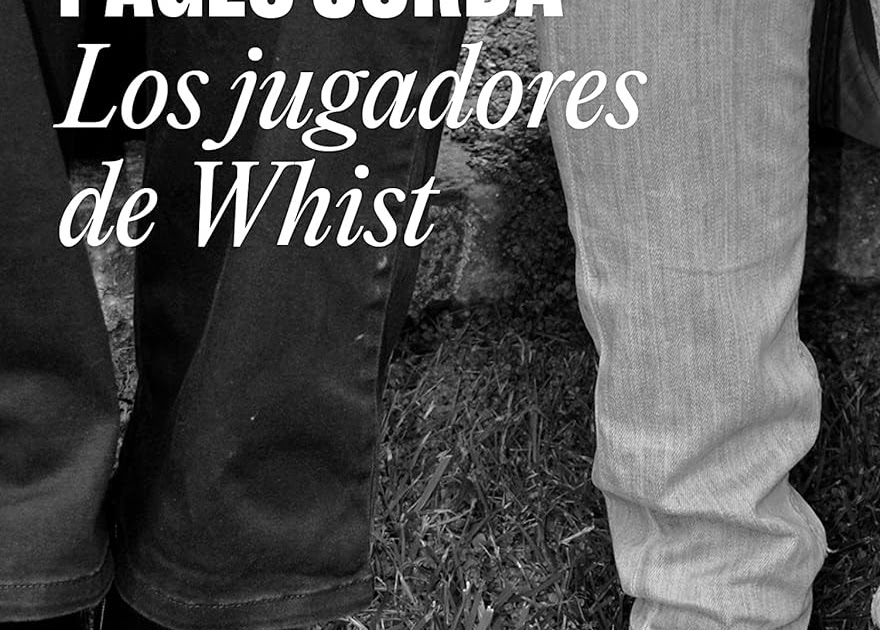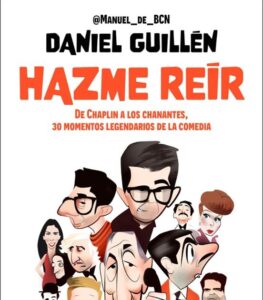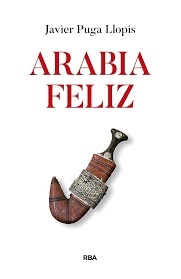
Original language: Catalan
Original title: The Whist Players
Year of publication: 2009
Translation: Flavia Company
Valuation: highly recommended
Taking more than a dozen years to publish the Spanish translation of this novel, you will forgive me for sparing the explicit qualifiers, is atrocious. Doing it, in 2023 when the writer has recently died, including a, although necessary, somewhat opportunistic addition of comments between the author and translator, well, almost the same: atrocious and unfair for the world to access the brilliance of a work, like some others, a victim, and I already know that the fault lies with the market and the dynamics of profitability and blah blah blah, for the mere fact of being written in a minority language, it is relegated in this way by the country’s publishing industry to the that Catalonia belongs. Without getting into controversies, this is the time of year we are in, editorial blindness is, at the very least, reprehensible.
Another great novel, in length, in ambition, in scope, like On the day of Watusi, by Casavella, is decades ahead of him, due to the mere fact that its original was written in Spanish. And allow me to shoehorn this comparison in, because I see a certain spirit that links them in some way, even though Casavella’s is a local novel, Barcelona par excellence, something that The Whist Players avoided with elegance, taking place in Figueras, a town in Girona where the author was born, a non-capital detail that strips it of all flirtation with autofiction. Skillful trick, the existence of a double narrator who guides the constant time jumps and provides an effective tone of suspense, a suspense that is neither police nor morbid nor even an attempt at something perverse. It could even pass for a formative novel, and certain paragraphs seem to hint towards that, towards the experience of teenagers who are bored in a small town in the middle of summer and who come up with a game that gets out of hand. But actually, curious that the back cover mentions audiovisual references, so obvious that they border on the robwith more insistence than the literary ones. This novel is a kaleidoscopic staging of his generation, of his physical environment and his strange mental evolution, of responsibility (the novel dates back to 2009, a period in which the Boomer Generation settled its butts in power and glimpsed a long persistence in that status), and the lucubrations of its protagonist, which Pagès Jordà wisely distances from being a standard or a stereotype.
Jordi Recasens subsists by photographing events. An obvious recycling of what at some point was an artistic vocation, an (now appreciated) absurd pretension of contributing some talent to the art of photography that has had curious collateral consequences: he lives confined in the garage of the home where he lives. He has kept his things, his frustrations, next to his developing laboratory, while Nora, his wife, occupies the rest of the house in a kind of cordial understanding where Jordi has acted, failure after failure, with such clumsiness that he has not even been able to properly dynamite coexistence.
The novel is articulated in a very specific moment in the present. Recasens is going to be the photographer at the wedding of his young daughter Marta, who, to the greater frustration of her father, is going to marry Bad Boy, the typical problematic, quarrelsome young man, the pouch which every parent fights bitterly to keep away from their children. That day is the initial reference point of the novel to which it constantly returns, therefore as the narrative progresses we witness a curious unraveling of Jordi’s relationships, with his ex-wife’s brother, with his father. Bad Boy, with some of his daughter’s friends whom Jordi (remember that in 2009 Instagram did not yet exist) is spying on the internet, falling hopelessly fascinated by one of them, Halley.
This premise might not be enough for the more than 500 pages of the novel, but Pagès Jordà delivers a kind of total narration in two voices – not always distinguishable – that, apart from the outstanding parade of references, provides an unusual perspective: Recasens is an individual grey, neither a boastful winner nor a wretch with no future. His life has developed between his frustrated vocations and some consequences of events from his childhood. There is no misery or ostentation, no pyrotechnics or forced romanticism of the loneliness of the midlife crisis.
More reviews of Pagès Jordà in ULAD: here
Source: https://unlibroaldia.blogspot.com/2024/12/vicenc-pages-jorda-los-jugadores-de.html


